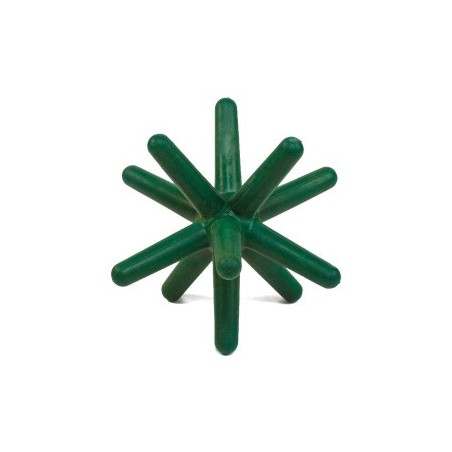The OIE Delegates adopted or revised OIE standards and guidelines on terrestrial and aquatic animal disease prevention and control, on diagnostic methods and vaccine quality and on animal welfare.
Standards relating to terrestrial animal diseases: foot and mouth disease (FMD), infection with taenia solium and bovine spongiform encephalopathy (BSE)

- An important update of the chapter on foot and mouth disease was approved, the fruit of several years’ work by the OIE’s Scientific Commission and Terrestrial Animal Health Standards Commission. The new provisions are designed to limit restrictions on international trade while maintaining its safety, by placing greater importance on zoning and compartmentalisation procedures.
- A new chapter on Taenia solium, a type of tapeworm transmissible to humans via contaminated pig meat, was added to the Terrestrial Code. This text constitutes a considerable advance in terms of human health protection in many developing countries.
- A specific provision relating to atypical forms of bovine spongiform encephalopathy (BSE) was adopted. It is designed to minimise the impact of their detection on the official status of the countries concerned, the detection and reporting of atypical cases simply reflecting highly effective surveillance systems.
Standards relating to antimicrobial resistance and animal welfare
- The OIE Delegates continued their work on the prevention of antimicrobial resistance and were presented with a proposed update of two OIE Terrestrial Code chapters, namely national antimicrobial resistance surveillance (Chapter 6.7.) and risk analysis for antimicrobial resistance arising from the use of antimicrobials in animals (Chapter 6.10.). The latter topic was also the subject of a new chapter of the Aquatic Code.
- The OIE is constantly looking at ways to improve animal welfare. A new chapter on the welfare of dairy cattle was added to the already wide range of standards relating to welfare of terrestrial and aquatic animals, in particular with regard to animal production systems.
- Lastly, new terms were incorporated into the Terrestrial Code, such as the definition of “biosecurity”, an increasingly important means of reducing the spread of certain epizootic diseases, such as avian influenza and porcine epidemic diarrhoea. The definition of this term was adopted unanimously by OIE Member Countries.
Friday May 29, 2015/ OIE.
http://www.oie.int






